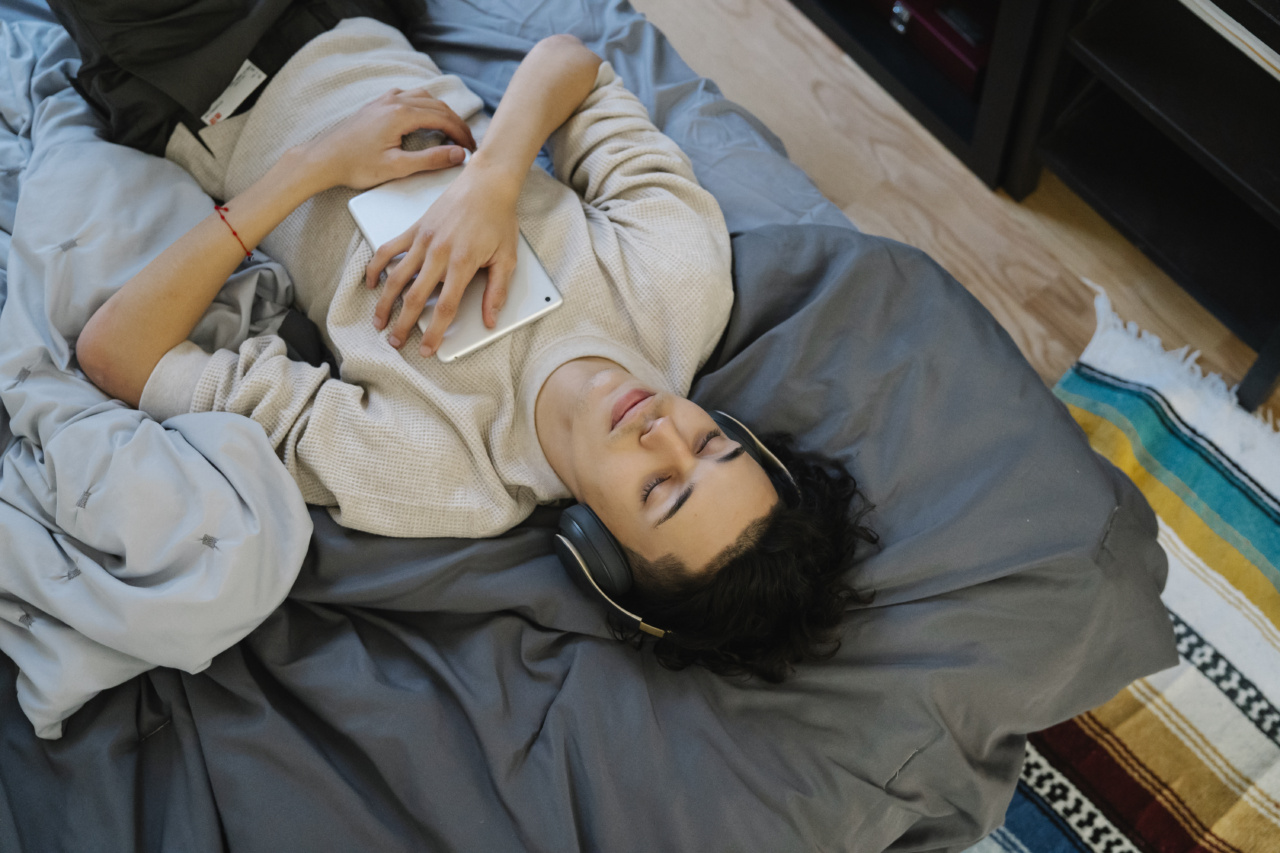Tablets have become an integral part of our lives, occupying a significant space in our daily routines.
Whether it’s for work, entertainment, or simply staying connected, these portable devices have revolutionized the way we access information and communicate. However, with their increasing use, there is a growing concern about the impact of tablet addiction on our sleep patterns.
In this article, we will explore the reasons behind tablet addiction, its effects on sleep, and measures to overcome this modern-day sleep stealer.
Understanding Tablet Addiction
Tablet addiction refers to an excessive and uncontrollable reliance on tablet devices. With their versatile functionality, tablets offer a wide range of activities that capture our attention for hours on end.
From scrolling through social media feeds to binge-watching our favorite TV shows, tablets have become a constant source of engagement and stimulation.
One of the primary reasons for tablet addiction is the instant gratification they provide. With just a few taps on the screen, we can access a plethora of information, entertainment, and virtual social interactions.
This immediate access and instant feedback create a dopamine rush, reinforcing the need to keep using the tablet repeatedly.
Another contributing factor to tablet addiction is the fear of missing out (FOMO). Social media platforms and online communities often serve as a means to stay updated with the latest news, trends, and events.
Constantly checking the tablet becomes a way to stay connected and be a part of the ongoing conversation, leading to addiction-like behaviors.
The Impact on Sleep Patterns
While tablets offer endless possibilities, their excessive usage can disrupt our sleep patterns significantly. The blue light emitted by tablet screens interferes with our body’s natural sleep-wake cycle, also known as the circadian rhythm.
Exposure to this artificial light in the evening confuses our brains, suppressing the release of melatonin, a hormone that regulates sleep. As a result, falling asleep becomes more challenging, and the quality of our sleep is compromised.
In addition to the physiological impact, tablet addiction also affects the quantity of sleep. Late-night scrolling or engaging in stimulating activities keeps our minds active, making it difficult to wind down and relax.
The constant need to check notifications or respond to messages can significantly delay bedtime, reducing the total hours of sleep we get each night.
A lack of sleep can have severe consequences on our overall health and well-being. Studies have shown that chronic sleep deprivation is linked to various health issues, including obesity, diabetes, cardiovascular diseases, and mental health disorders.
Additionally, lack of sleep impairs cognitive functions, affects memory consolidation, and lowers productivity level.
Overcoming Tablet Addiction and Restoring Sleep
Recognizing the signs of tablet addiction is the first step in overcoming this sleep stealer. Here are some strategies to help regain control and restore healthy sleep patterns:.
1. Set Boundaries
Establish specific time limits for tablet usage. Allocate dedicated periods during the day for engaging with your tablet, and avoid using it in the hours leading up to bedtime.
By setting boundaries, you can create a clear distinction between tablet time and sleep time.
2. Create a Sleep-Friendly Environment
Make your bedroom a technology-free zone. Remove tablets and other electronic devices from your sleeping area to minimize the temptation of late-night use. Instead, create a calm and relaxing environment that promotes restful sleep.
3. Follow a Bedtime Routine
Develop a consistent bedtime routine that helps you unwind and signals to your body that it’s time to sleep. Engage in activities such as reading a book, taking a warm bath, or practicing relaxation techniques.
Avoid using tablets during this winding-down period.
4. Use Night Mode
Most tablets offer a night mode or blue light filter feature. Enable this setting to reduce the amount of blue light emitted by the screen.
This alteration in display colors can significantly minimize the negative impact on your circadian rhythm and help prepare your body for sleep.
5. Find Alternative Activities
Identify alternative activities that you find enjoyable and fulfilling. Engage in hobbies, physical exercise, or spend quality time with loved ones.
By replacing tablet use with other fulfilling experiences, you can decrease dependence and reduce the urge for excessive screen time.
6. Practice Mindfulness
Mindfulness techniques such as meditation, deep breathing, and mindful awareness can help break the cycle of tablet addiction. These practices promote present-moment awareness, allowing you to detach from the constant need for digital stimulation.
7. Seek Social Support
If tablet addiction is significantly impacting your life and sleep patterns, consider seeking support from friends, family, or a mental health professional.
They can provide guidance, accountability, and help you navigate the challenges of breaking free from tablet addiction.
Conclusion
While tablets have undoubtedly transformed our lives for the better, it’s crucial to maintain a healthy balance and avoid falling into the trap of addiction.
Tablets can be a powerful sleep stealer, causing disruptions in sleep patterns and negatively impacting our overall well-being. By recognizing the signs of tablet addiction and implementing strategies to overcome it, we can restore healthy sleep habits and reclaim our nights for peaceful and rejuvenating rest.




























